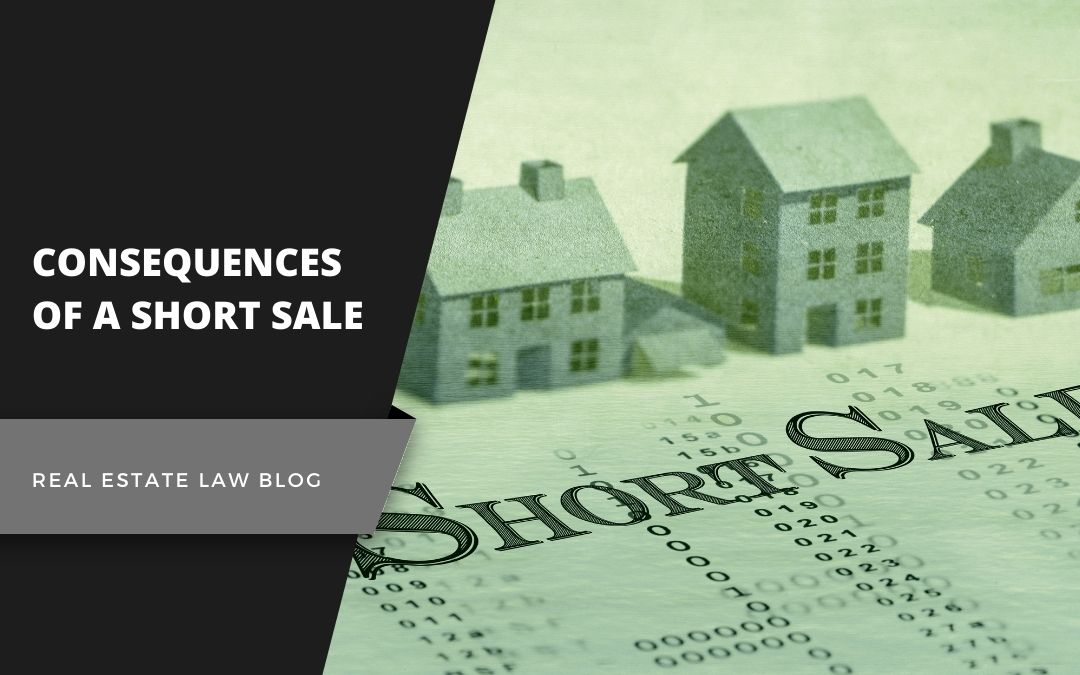There are three main consequences of a short sale. Each can have long-term financial and legal consequences and must be considered carefully before entering into a short sale as a solution to missed mortgage payments.
Failure to Secure a Deficiency Waiver
As mentioned above, the completion of a short sale does not guarantee that the lender will give up on being paid in full. It is important to request a full waiver of deficiency in order to be fully exempted from repayment. However, the lender is not obligated to grant the waiver.
This means that homeowners who have given up their homes and have moved may still be under obligation to pay back potentially tens of thousands of dollars.
Income Taxes
The amount forgiven by the lender may be considered taxable income by state and federal governments. The homeowner may be liable for paying income taxes on the waived deficiency amount.
Credit Report
A short sale will show up on a credit report, under the mortgage history as a special status that labels it as “settled,” “not paid in full,” or “account legally paid in full for less than the full balance.”
This information will remain on the consumer’s credit report for approximately seven years and will cause a drop in the homeowner’s credit score. According to Experian.com, a short sale is considered settling a debt and will likely have a large negative impact.
The impact on the credit score will depend on other factors such as the individual’s initial credit score, subsequent payment history, and whether your lender reports a deficiency balance. If your lender does not release the “forgiven” balance, knowing as waiving the deficiency, then that unpaid balance can have a great impact on your credit history and score, similar to a foreclosure.
Summary for Short Sales
There are many legal and financial consequences of a short sale that can stay with a homeowner for years after the sale of the property. Before entering into a short sale as a solution to a difficult situation, it is important that homeowners understand the timelines, obligations, and liability of this type of transaction.

